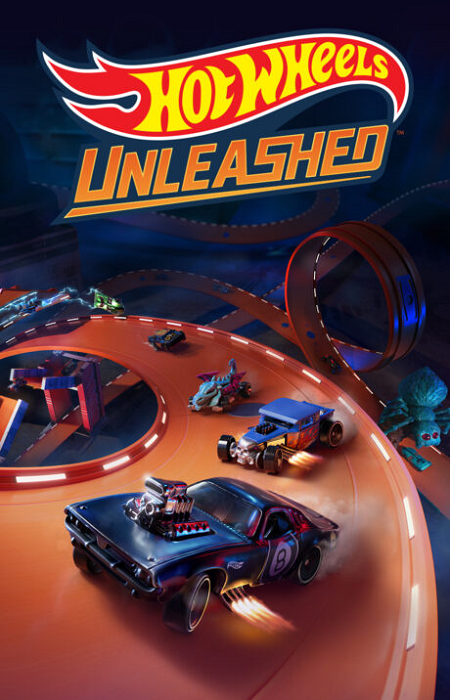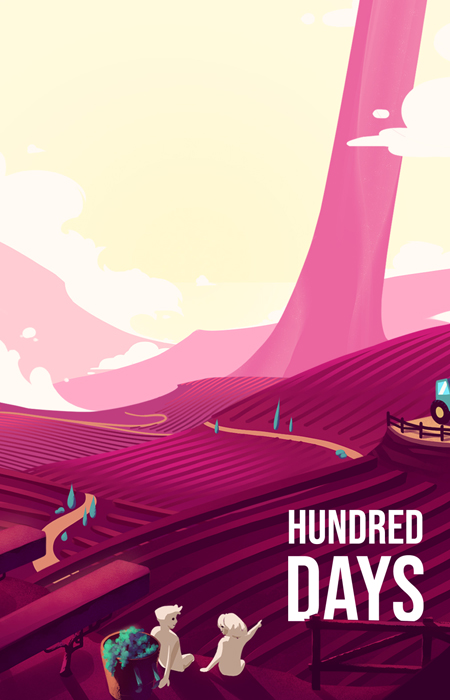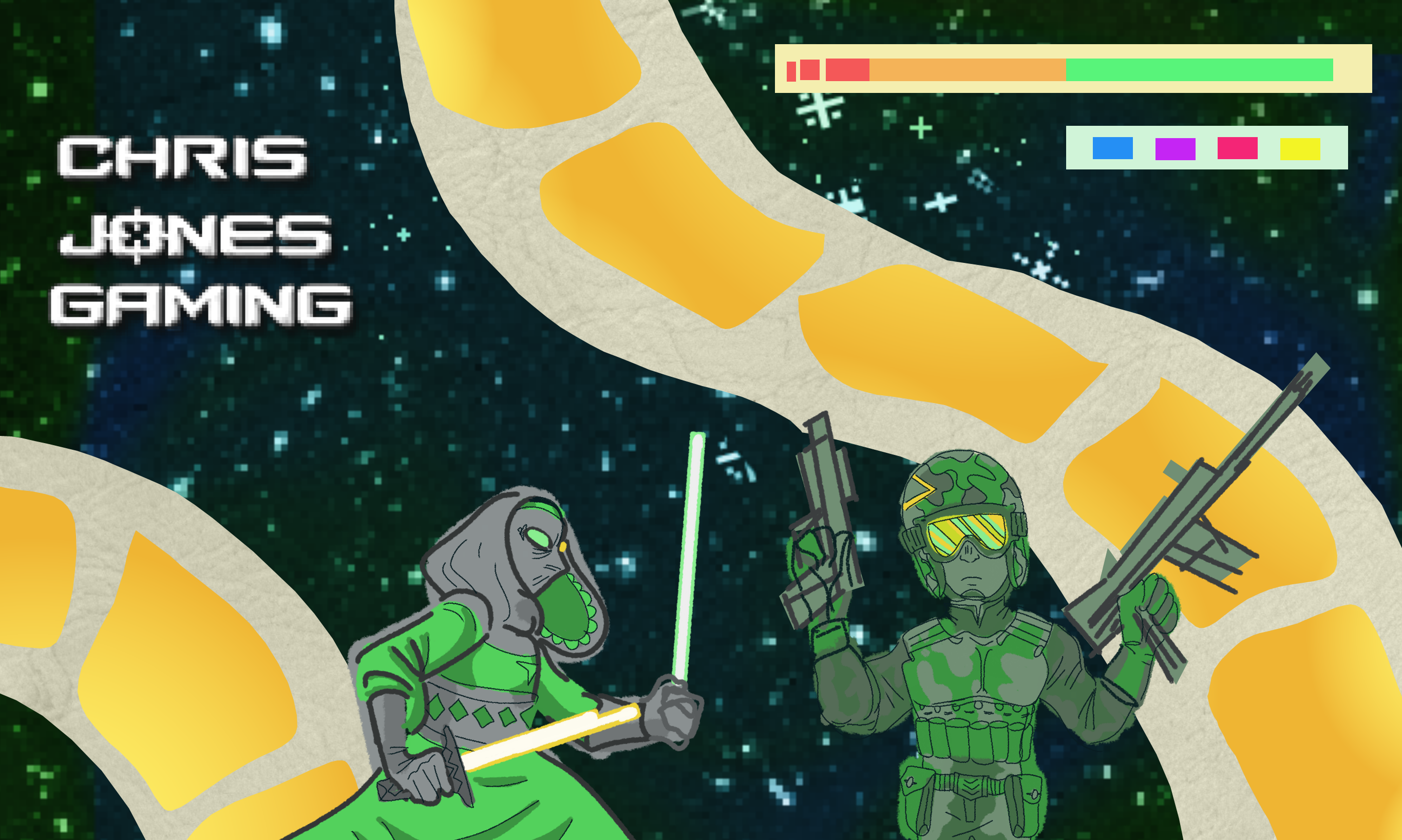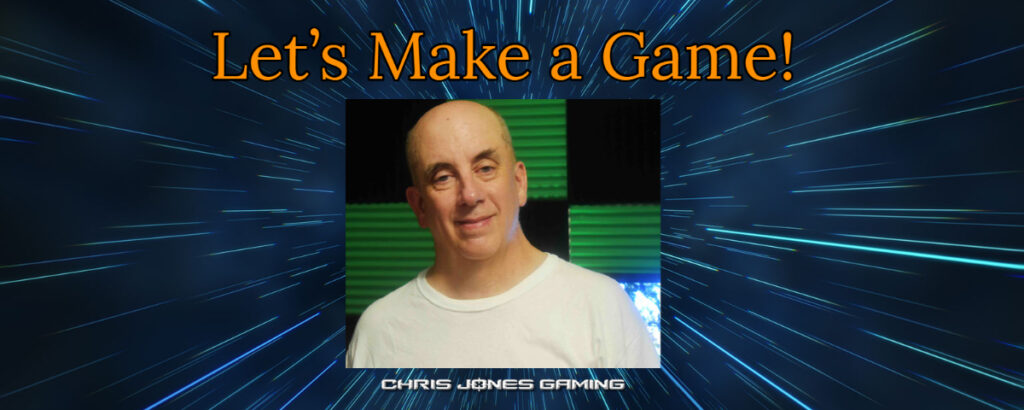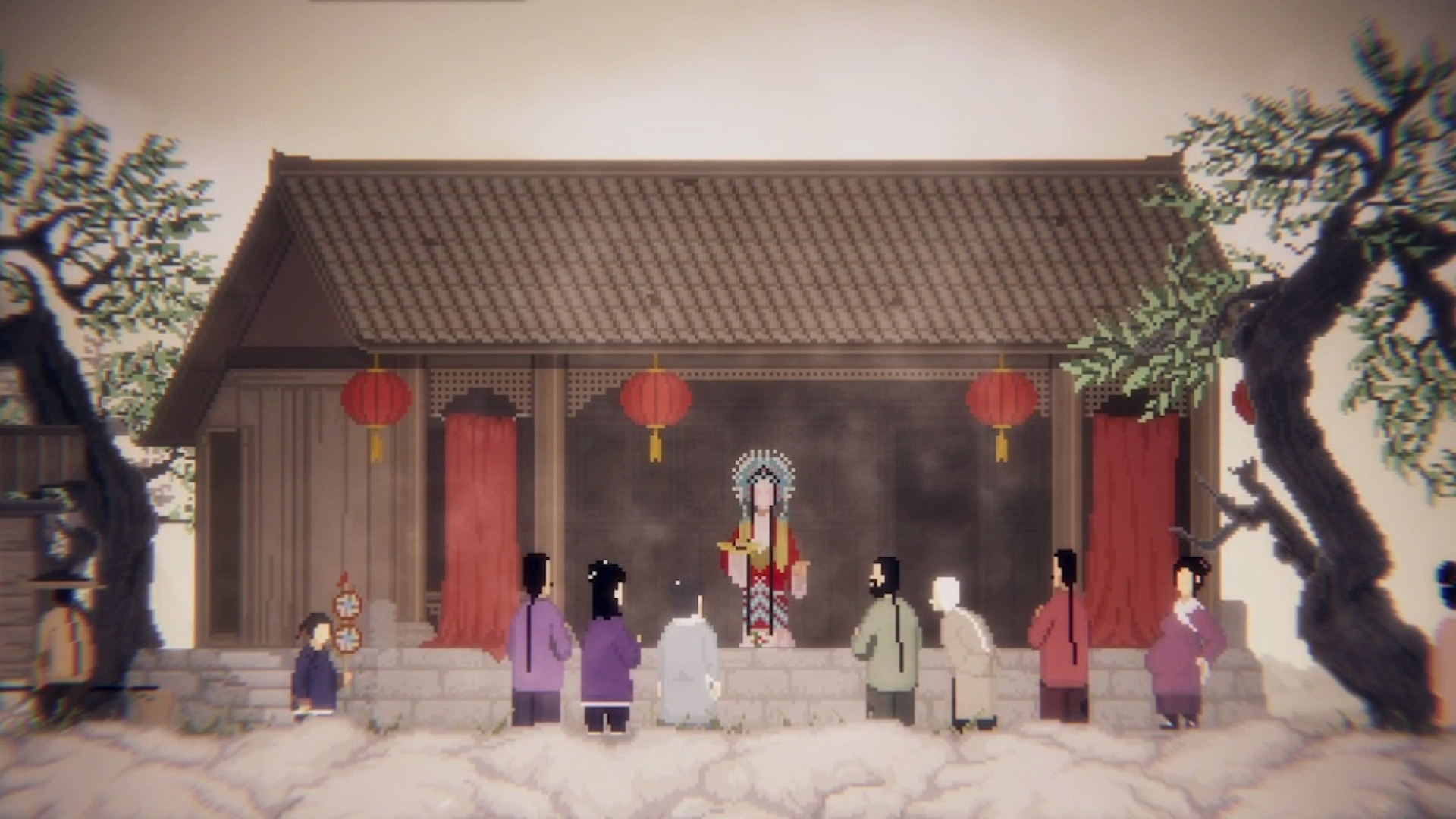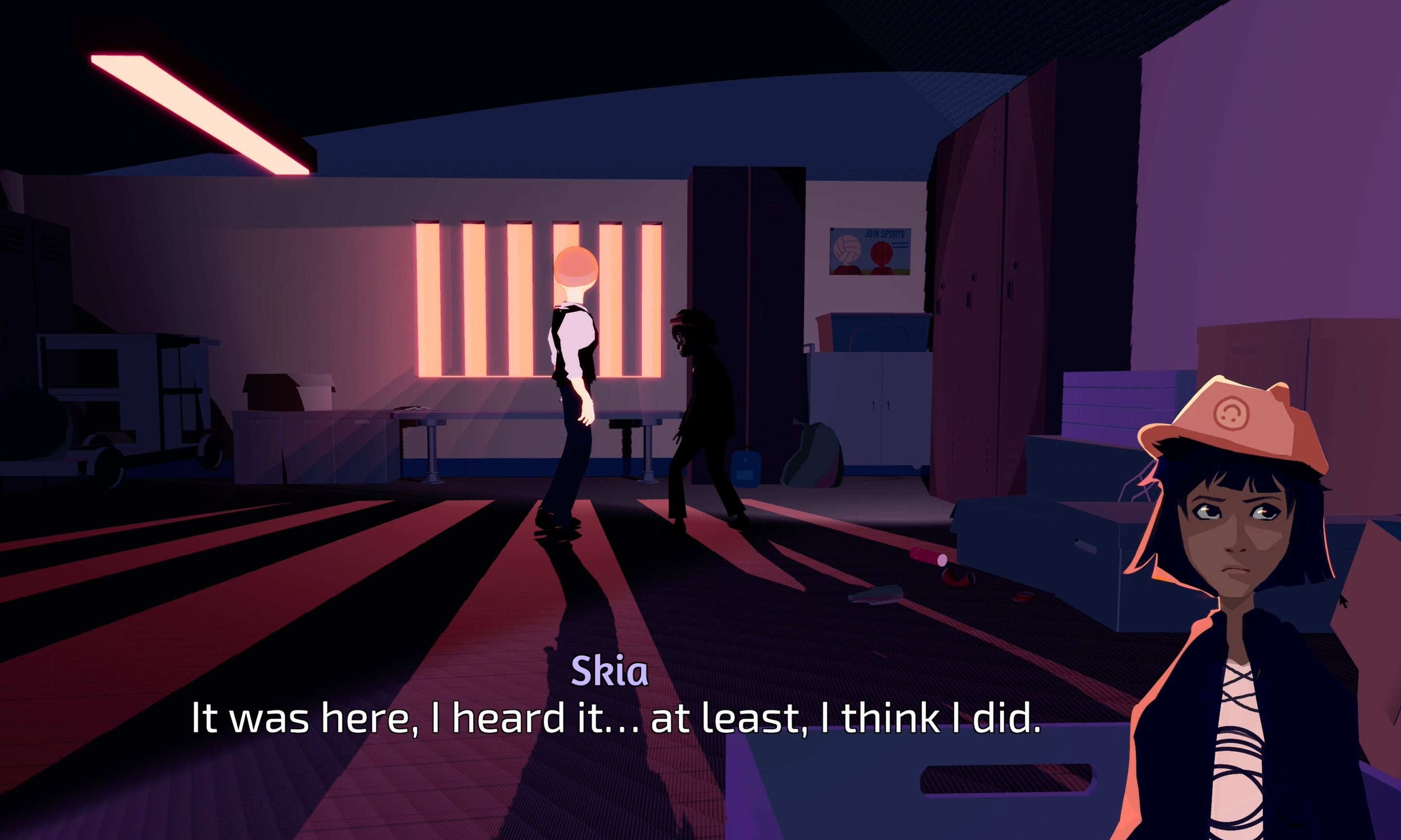GUNDAM BREAKER 4 Landing on Consoles and PC August 29th 2024
GUNDAM BREAKER 4 will launch on August 29th 2024 on Nintendo Switch, PlayStation 5, PlayStation 4 and PC via Steam. The game, developed by CRAFTS & MEISTER Co., Ltd, is the next entry in the hack and slash looter franchise and pre-orders are available now.
Embedded media – Click here to see the full story in your browser
In this new GUNDAM BREAKER 4 trailer, players can discover more about the customisation, including the presence of SD Gundam, the possibility to change the size of all parts individually and to create their own colour preset based on either their preferences or their favourite Gundam.
GUNDAM BREAKER 4 will have players fighting their enemies solo or with up to two friends in co-op multiplayer. In addition, the game goes back to the roots of the franchise letting players create the Gunpla of their dreams with a large collection of mobile suits and parts, as well as a new diorama mode.
Digital pre-orders for the Standard, Deluxe and Ultimate edition of GUNDAM BREAKER 4 are now live on PlayStation 5, PlayStation 4 and PC via Steam. Digital pre-orders on Nintendo Switch will come at a later date.
Players can now pre-order to get the following bonus:
– RX-78 Gundam Recirculation Color Early Unlock
– Builders Parts Early Unlock
The Deluxe Edition of the game contains the following:
– Season Pass
– Season Pass bonus – Gambarrel Strike Gundam parts (Gundam Breaker Ver.)
– Early unlock for 15 Gunpla parts
The Ultimate Edition, in addition to the Deluxe edition includes:
– Diorama Packs and Diorama Pack set bonus
In addition, a Collector Edition for the game is available on the Bandai Namco Store. This edition includes the Ultimate version of the game, along with a limited edition Gunpla, Gunbarrel Strike Gundam (GUNDAM BREAKER ver.), the digital soundtrack and a steelbook.
MOBILE SUIT GUNDAM is a franchise that celebrates its 45th anniversary this year and was created by Sunrise Inc. The first animation series of the franchise, MOBILE SUIT GUNDAM was first broadcasted in Japan, 1979. Known for its giant mechas called “Mobile Suit” as well as its sci-fi military stories, the franchise grew in popularity and throughout the years and counts now more than 50 TV series, films and OVA, along with lots of merchandise with the most know being Gunpla, plastic model kits with whom people can recreate small versions of their favourite mobile suits.
For more information on GUNDAM BREAKER 4 visit the official page. For other BANDAI NAMCO Europe products, visit their website, follow them on Facebook or X, or subscribe to their YouTube channel.








